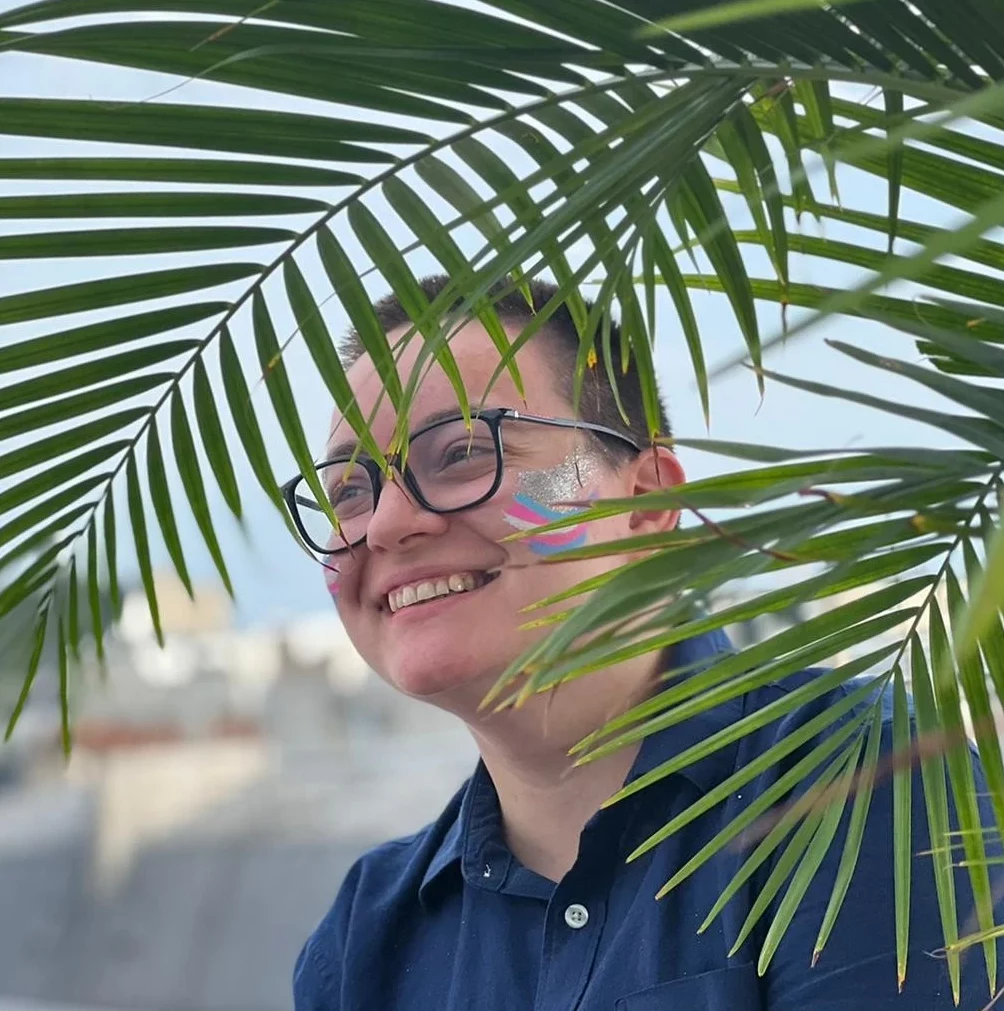Alex
Rosemary’s Baby
I felt like reading a classic, and very recently listened to You’re Wrong About’s Stepford Wives and The Exorcist episodes, which motivated me to read Rosemary’s Baby. And I’m very glad I did. This felt like an easier read than it should have been, because every single twist and turn of the book had been…
Proud pink sky
Berlin: a megacity of 24 million people, is the world’s first gay state. Its distant radio broadcasts are a lifeline for teenager William, so when his love affair with Gareth is discovered the two flee toward sanctuary. But is there a place for them in a city divided into districts for young twinks, trendy bears, and rich alpha gays?
Meanwhile, young mother Cissie loves Berlin’s towering highrises and chaotic multiculturalism, yet she’s never left her heterosexual district – not until she and her family are trapped in a queer riot. With her husband Howard plunging into religious paranoia, she discovers a walled-off slum of perpetual twilight, home to the city’s forbidden trans residents.
As William and Cissie dive deeper into a bustling world of pride parades, polyamorous trysts, and even an official gay language, they discover that all is not well in the gay state – each playing their part in a looming civil war…
The main negative review I see about Proud Pink Sky is that nothing happens. I don’t agree. Some things happen, maybe too much, actually. And outside of what happens, there’s the world-building − after all, that’s what we’re coming for. And the world-building has its issues. The idea is nice, and who among us hasn’t…
Lebensborn
Time’s mouth
Private Citizens
Capturing the anxious, self-aware mood of young college grads in the aughts, Private Citizens embraces the contradictions of our new century: call it a loving satire. A gleefully rude comedy of manners. Middlemarch for Millennials. The novel’s four whip-smart narrators–idealistic Cory, Internet-lurking Will, awkward Henrik, and vicious Linda–are torn between fixing the world and cannibalizing it. In boisterous prose that ricochets between humor and pain, the four estranged friends stagger through the Bay Area’s maze of tech startups, protestors, gentrifiers, karaoke bars, house parties, and cultish self-help seminars, washing up in each other’s lives once again.
Private Citizens is a darkly funny book that sometimes is just dark. It follow four supremely unlikeable 20-somethings in 2007 San Francisco in their daily lives for some kind of awful Breakfast Club of modern times. It took me a really long time to start accepting that I hated everyone, that it was intended, that…
The ballad of John and Yoko
The breakup of the Beatles and other things Yoko Ono was not responsible for (and also some things that she was.)
Could have benefitted from actual editing. Very depressing and really hammered the point a bit too much in my opinion. Good nonetheless, of course, because Lindsay Ellis.
This is how you lose the time war
Thus begins an unlikely correspondence between two rival agents hellbent on securing the best possible future for their warring factions. Now, what began as a taunt, a battlefield boast, becomes something more. Something epic. Something romantic. Something that could change the past and the future.
Except the discovery of their bond would mean the death of each of them. There’s still a war going on, after all. And someone has to win. That’s how war works, right?
This recommendation from Sara and viral sensation really hit the mark for me, with a couple of caveats: I still strongly dislike novellas. They never leave me fully satisfied. Unlike some other reviewers, I’m really glad the vignettes were short and diverse, without an explanation of everything going on. This story follows Red and Blue,…

